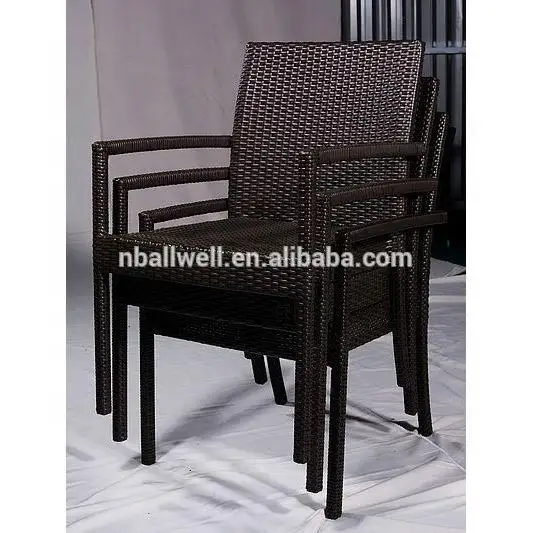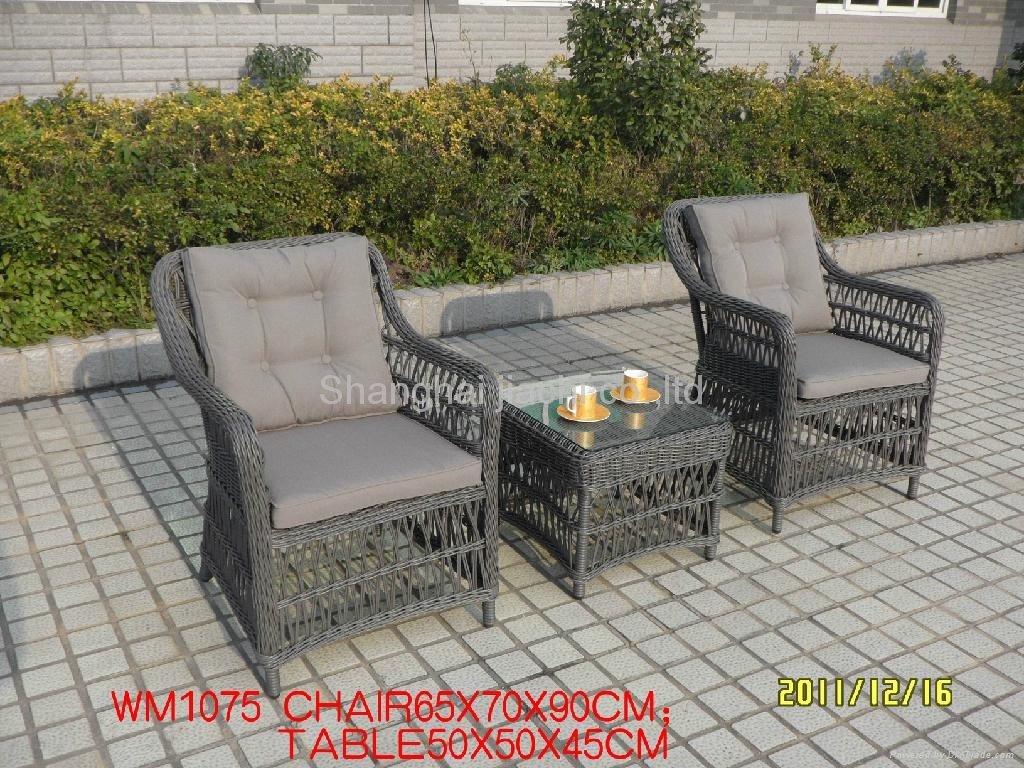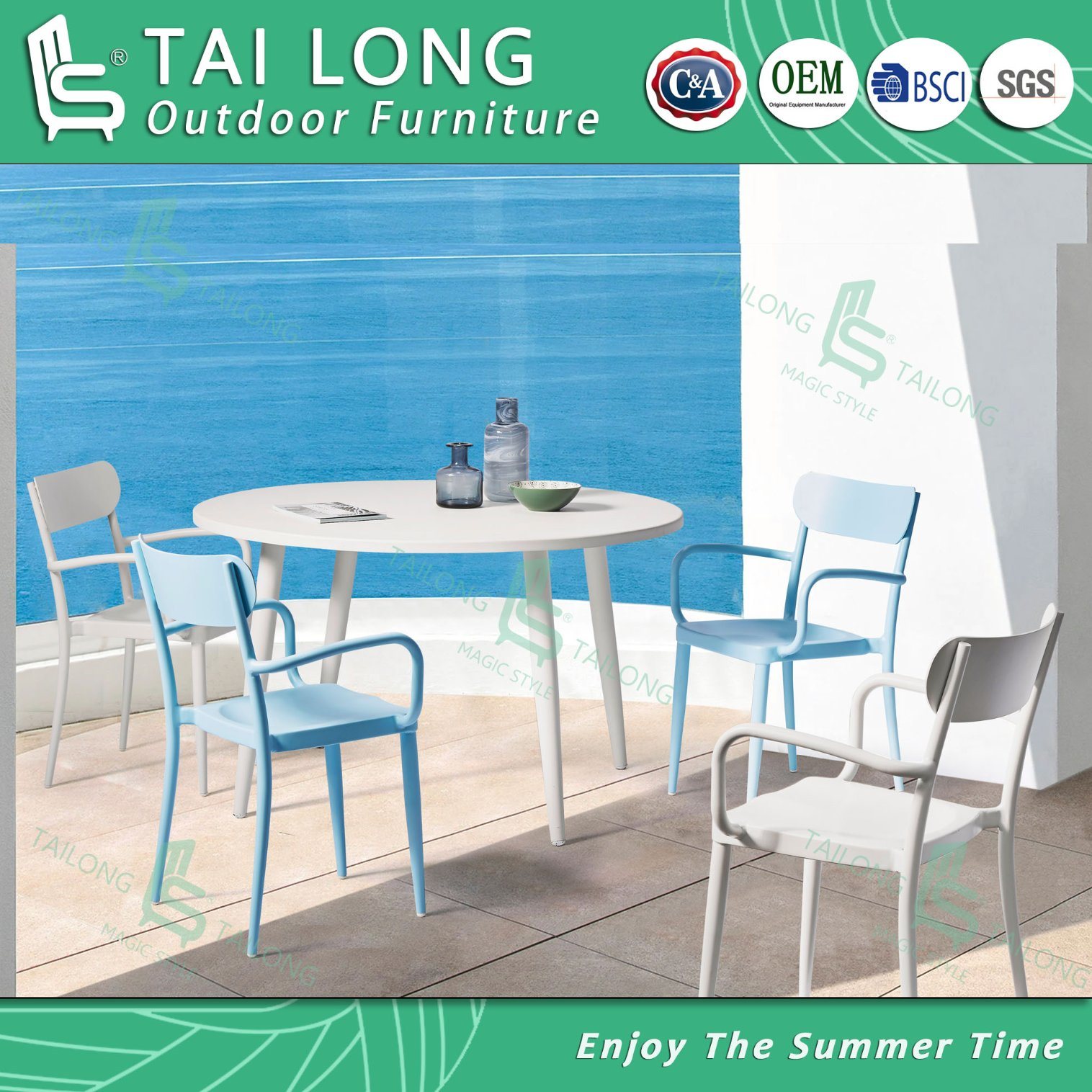Outdoor Furniture Direct From China

The allure of affordable outdoor furniture direct from China is reshaping the landscape of the global patio market, creating both opportunities and challenges for consumers, businesses, and international trade relations. While bargain prices and diverse designs entice buyers, concerns regarding quality, ethical sourcing, and geopolitical tensions are casting a shadow on this burgeoning trend.
At the heart of this debate lies the promise of significant cost savings. Retailers and individual consumers alike are increasingly turning to Chinese manufacturers to bypass traditional supply chains, hoping to furnish their outdoor spaces without breaking the bank. But is this direct-to-consumer model sustainable, and what are the hidden costs associated with prioritizing price over other crucial factors?
The Price Advantage and Market Dynamics
The primary driver behind the surge in direct imports of outdoor furniture from China is, undeniably, the price. Chinese manufacturers often boast lower labor costs and streamlined production processes, allowing them to offer substantially cheaper products compared to those made in other countries. This cost advantage is particularly appealing in a market where seasonal trends and disposable income heavily influence purchasing decisions.
According to data from the United Nations Comtrade Database, China is the world's largest exporter of furniture, including outdoor furniture. Its dominance in the sector stems from a combination of factors, including government support, established manufacturing infrastructure, and a willingness to operate at lower profit margins.
However, this price-driven market is not without its complexities. The rise of e-commerce platforms like Alibaba and DHgate has facilitated direct access to Chinese manufacturers, further intensifying competition among retailers and empowering consumers to cut out the middleman.
Quality Concerns and Consumer Risks
One of the most frequently cited concerns regarding direct imports from China revolves around quality control. While some manufacturers adhere to stringent international standards, others may prioritize cost reduction over durability and safety. This can lead to products that are prone to damage, made with substandard materials, or even pose potential health hazards.
Consumer reviews and online forums often feature anecdotal evidence of faulty welds, flimsy construction, and the use of questionable chemicals in the manufacturing process. These experiences underscore the importance of due diligence and thorough research before making a purchase, especially when dealing with unfamiliar suppliers.
Moreover, the lack of established return policies and warranty coverage can leave consumers vulnerable in case of product defects or dissatisfaction. Unlike purchasing from a reputable retailer with a local presence, resolving disputes with overseas manufacturers can be challenging and time-consuming.
Ethical Sourcing and Labor Practices
Beyond quality concerns, ethical sourcing and labor practices are also coming under scrutiny. Reports from various human rights organizations have raised concerns about working conditions in some Chinese factories, including issues such as low wages, long hours, and unsafe working environments. The U.S. Department of Labor maintains a list of goods produced by child labor or forced labor, which occasionally includes furniture and related products.
Consumers are increasingly demanding transparency and accountability from the brands they support. The pressure is on for companies to ensure that their supply chains are free from exploitation and that workers are treated with dignity and respect. Ignoring these ethical considerations can lead to reputational damage and consumer backlash.
However, verifying the ethical credentials of suppliers can be a complex undertaking, particularly for smaller businesses lacking the resources to conduct thorough audits. Third-party certifications, such as Fair Trade, can provide some assurance, but they are not always foolproof.
Geopolitical Tensions and Trade Policies
The trade relationship between China and other countries, particularly the United States, has become increasingly fraught with tension in recent years. Tariffs, trade restrictions, and concerns about intellectual property theft have added further complexity to the landscape of international commerce. The ongoing trade war has impacted the cost and availability of goods imported from China, including outdoor furniture.
While some tariffs may protect domestic industries, they also increase the price of imported goods, potentially hurting consumers. Businesses are constantly adapting to these shifting trade policies, exploring alternative sourcing options and adjusting their pricing strategies accordingly. Political uncertainty adds another layer of risk to the already complex process of importing furniture from China.
The World Trade Organization (WTO) plays a crucial role in mediating trade disputes and ensuring a level playing field for international commerce. However, its effectiveness has been questioned in recent years, as countries increasingly pursue unilateral trade measures.
The Future of Outdoor Furniture Imports
The future of outdoor furniture imports from China is likely to be shaped by a confluence of factors, including evolving consumer preferences, technological advancements, and geopolitical developments. As consumers become more conscious of quality, ethics, and sustainability, they will demand greater transparency and accountability from the brands they support. Manufacturers who prioritize these values will be best positioned to thrive in the long run.
Technological advancements, such as 3D printing and automation, could also reshape the manufacturing landscape, potentially reducing the cost advantage of Chinese manufacturers. However, China's vast manufacturing ecosystem and its commitment to technological innovation suggest that it will remain a major player in the global furniture market for the foreseeable future.
Ultimately, the decision to purchase outdoor furniture directly from China involves a careful weighing of costs, benefits, and risks. By conducting thorough research, considering ethical implications, and understanding the broader geopolitical context, consumers and businesses can make informed choices that align with their values and priorities.


















